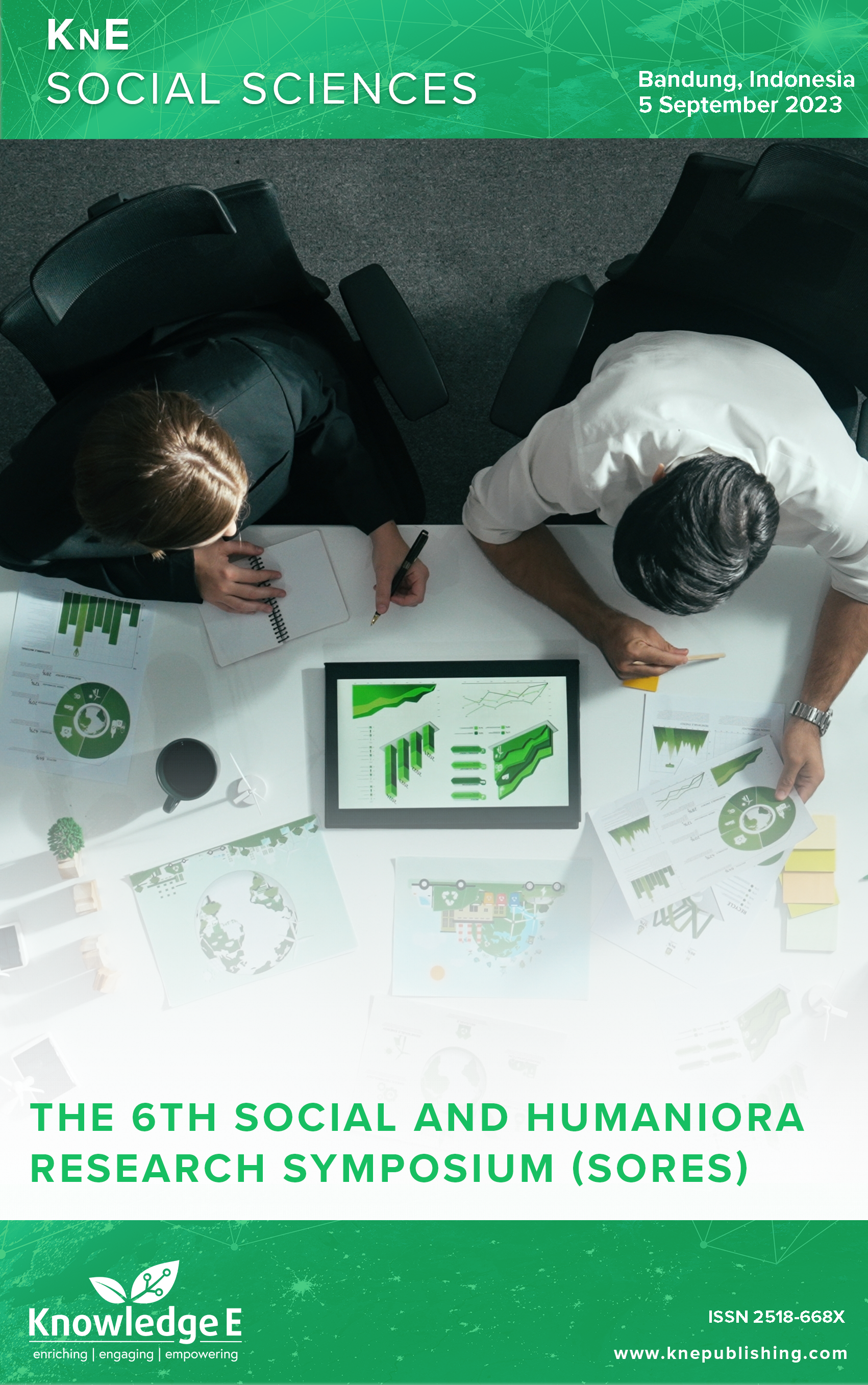Investigating Interpersonal Dynamics among Researchers and Innovators: An Ethnographic Study of Communication's Role in Fostering Innovation
DOI:
https://doi.org/10.18502/kss.v9i24.16833Abstract
University plays an important role in innovation because of their role as producers of knowledge. Through researchers, the innovation ecosystem can develop and contribute to the progress of society. Complex innovation processes involve developing innovation systems that adapt to the uncertainty inherent in innovation. These networks, formed by researchers during the innovation process, encourage the continuous evolution of innovative ideas. The purpose of this research was: 1) Mapping the main problems of researcher concern to developing innovation. 2) Develop an institutional communication model to form a researcher ecosystem that develops high scientific impact. This research method is qualitative with an ethnographic communication approach. Informants are lecturers who are active in conducting innovative research and who are related to the scope of research activities in the institution. Data collection techniques were carried out using interviews, observations, and literature. Data processing was carried out by testing the validity of the data by triangulation through credible sources and references. Research findings were as follows: 1) Effective interpersonal communication drives researcher-stakeholder interaction in innovation. 2) The development of society is based on effective communication, which is formed by the mastery of science and technology. Scientists steer progress and growth by using communication tactics.
Keywords: innovation, communication model, researcher, interpersonal communication, actor
References
DeVito JA. The interpersonal communication book. 13th ed. New Jersey: Pearson Education Inc; 2013.
McMillan DW, Chavis DM. Sense of community: A definition and theory. J Community Psychol. 1986;14(1):6–23.
Ndour M, Alexandre-Leclair L. “Community groups and female entrepreneurship In developing countries: A study of a senegalese case,” in Proceedings of the European Conference on Innovation and Entrepreneurship, ECIE, 2015.
Sutopo W. The roles of industrial engineering education for promoting innovations and technology commercialization in the digital era. IOP Conference Series. Materials Science and Engineering; 2019. https://doi.org/10.1088/1757-899X/495/1/012001.
Sannino G, Di Carlo F, Lucchese M. CEO characteristics and sustainability business model in financial technologies firms: primary evidence from the utilization of innovative platforms. Manage Decis. 2020;58(8):1779–99.
Hanggraeni D, Ślusarczyk B, Sulung LA, Subroto A. The impact of internal, external and enterprise risk management on the performance of micro, small and medium enterprises. Sustainability (Basel). 2019;11(7):2172.
Triwardhani IJ, Chaerowati DL. Interpersonal communication among parents and children in fishermen village in cirebon Indonesia. Jurnal Komunikasi: Malaysian Journal of Communication. 2019;35(2):277–92.
Choi BK, Moon HK, Ko W. An organization’s ethical climate, innovation, and performance: effects of support for innovation and performance evaluation. Manage Decis. 2013;51(6):1250–75.
Flipse S, Vrielink JO, van der Sanden M. Building interactive communication tools to support interdisciplinary responsible innovation. Journal of Innovation Management. 2015;3(4):119–33.
Bigliardi B, Ferraro G, Filippelli S, Galati F. Innovation models in food industry: A review of the literature. J Technol Manag Innov. 2020;15(3):97–107.
Çalιşkan G, İzmirli ÖŞ. Teachers’ communication channels in the innovation- decision process. Egitim ve Bilim. 2020;45(203): https://doi.org/10.15390/EB.2020.8611.
Banerjee P, Bhardwaj KK. Constructivist management of knowledge, communication and enterprise innovation: lessons from Indian experience. AI Soc. 2002;16(1–2):49– 72.
Pradhan RP, Arvin MB, Nair M, Bennett SE, Hall JH. The information revolution, innovation diffusion and economic growth: An examination of causal links in European countries. Qual Quant. 2019;53(3):1529–63.
García-Castillo N, Bueno-Doral T, Hänninen LI. Responsible research and innovation (Rri) as a driving force for change in corporate communication: new forms of governance and participatory structures. Prof Inf. 2020;29(3): https://doi.org/10.3145/epi.2020.may.13.

